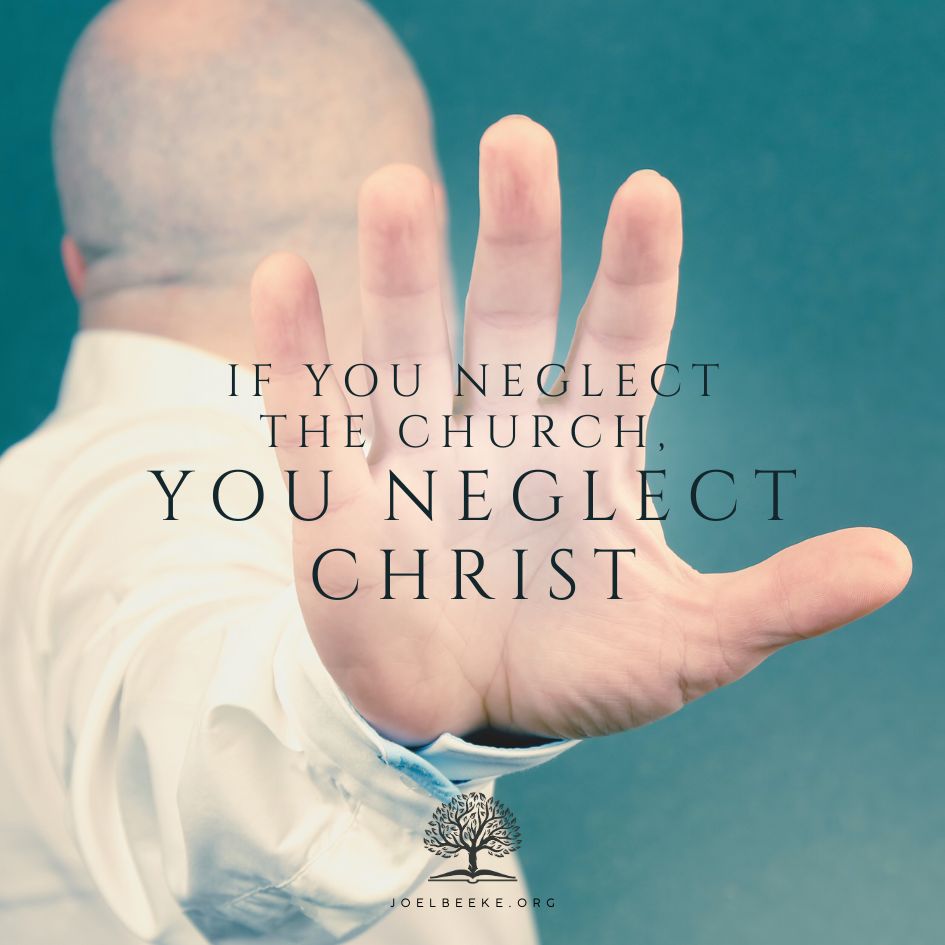
Forasmuch then as the children are partakers of flesh and blood, he also himself likewise took part of the same; that through death he might destroy him that had the power of death, that is, the devil. — HEBREWS 2:14
He that committeth sin is of the devil; for the devil sinneth from the beginning. For this purpose the Son of God was manifested, that he might destroy the works of the devil. — 1 JOHN 3:8
The devil has always raged against God and His church, seeking her destruction (John 8:44). But Jesus’ physical entry into the world heightened the intensity of the battle between God and Satan.
Satan remembered the words God had thundered at him in the garden of Eden: “And I will put enmity between thee and the woman, and between thy seed and her seed; it shall bruise thy head, and thou shalt bruise his heel” (Gen. 3:15). At Jesus’ birth, the devil was poised to cut short the redeeming work of the woman’s seed. Working through Herod, Satan tried to extinguish the Christ child’s life before He reached His second birthday (Matt. 2:16).
The book of Revelation was written to encourage Christians with the good news that in the end, God would defeat the devil. In chapter 12, John saw Satan as a great red dragon standing before “the woman which was ready to be delivered, for to devour her child as soon as it was born” (vv. 3– 4). In Revelation 20:10, however, John sees the dragon “cast into the lake of fire and brimstone, where the beast and the false prophet are, and shall be tormented day and night for ever and ever.” This is the bitter end of the devil and his coworkers (Matt. 13:39–42; 25:41). Therefore, like a man on death row with no possibility of parole, Satan and his host, “to the utmost of their power as murderers [watch] to ruin the Church and every member thereof…daily expecting their horrible torments” (Belgic Confession, art. 12).
Therefore, as the devil rages we must not lose hope, for Christ came to destroy the devil’s works. Throughout His earthly ministry, Jesus exercised dominion over the powers of hell. He fought the devil with the word as the sword of the Spirit (Matt. 4:1–11; Eph. 6:17). He “went about doing good, and healing all that were oppressed of the devil; for God was with him” (Acts 10:38). Before Christ’s power the demons groveled in the dust, begging for mercy (Luke 8:31). When Jesus died on the cross, some of His followers feared that the devil had won. But with His death, Christ conquered death, the great enemy of mankind that had entered the world through Adam’s sin (Rom. 5:12). It was the tool the devil used to keep men in fear and bondage (Heb. 2:14, 15). Yet with His death, Jesus crushed the serpent’s head (Gen. 3:15). Indeed, Satan fell like lightning from heaven, but to no avail (Luke 10:18).
Reflecting on Christ’s first coming helps us to remember Christ’s devil-destroying work. Because He has conquered death, Jesus’ disciples can resist the devil in His name (Eph. 6:11; James 4:7). They can say no to the works of the flesh, knowing that Christ came to destroy those as well. Believers have the freedom to obey God’s command: “Let not sin therefore reign in your mortal body, that ye should obey it in the lusts thereof” (Rom. 6:12). We have the power to pray to Satan’s slayer, “Order my steps in thy word: and let not any iniquity have dominion over me” (Ps. 119:133).
Christ’s power over Satan and his works should give us great confidence. Imagine being one of the Israelites in the Valley of Elah in the days of King Saul. Every day the Philistine champion Goliath defied the people of Israel and their God. And every day they were “dismayed, and greatly afraid” (1 Sam. 17:11). But then imagine the joy of seeing God’s warrior, David, slaying the giant and holding up his severed head. Later in that chapter, we learn that when the Israelites saw that Goliath was dead, they “arose, and shouted, and pursued the Philistines,” plundering their tents (vv. 51–53). Christians have no reason to dwell in the valley of defeat, for Christ is our giant killer. In Him we also have power over the devil (Acts 13:9–12).
The great German pastor and hymn writer Johann Rist had this great victory in mind when he composed these words in 1641:
Break forth, O beauteous heavenly light,
And usher in the morning.
O shepherds, shudder not with fright,
But hear the angel’s warning.
This child, now weak in infancy,
Our confidence and joy shall be,
The power of Satan breaking,
Our peace eternal making.
—“Break Forth, O Beauteous Heavenly Light”
Excerpt from
Why Christ Came: 31 Meditations on the Incarnation
By Joel R. Beeke and William Boekestein







